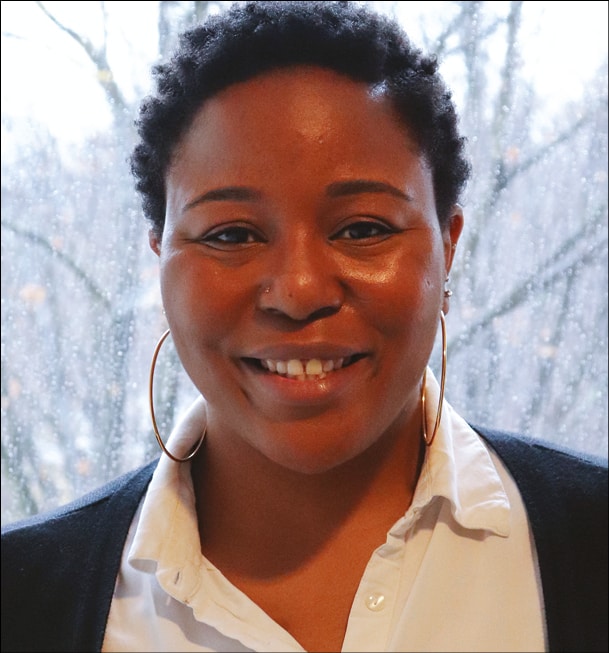
Before I chose to study physics, I remember hearing more than once that ”you can do anything with a physics degree”. As encouraging as that statement sounds, it is also vague. Although I already knew that most people who study physics don’t become professional academics, the overriding picture I had of a physicist was of someone working in a lab at a university or research institute. Where did all those missing physicists end up?
I now have a renewed interest in this question, having recently taken on the role of reviews and careers editor at Physics World, where we aim to spread the word about the possible careers you can pursue with a physics background. Apart from regular careers articles online and in the print magazine, we also publish annual career guides for the Institute of Physics and the American Physical Society (APS). That’s why I was keen to attend the APS March meeting 2021, which demonstrated some of the many directions that a degree in physics can take you in.
One session I attended focused on early-career physicists, and kicked off with a talk from Maika Takita, who studied physics at Barnard College, New York, before doing a PhD in the department of electrical engineering at Princeton University. Now a quantum computing researcher at IBM Quantum in New York, she spoke about her work on superconducting qubits – a career she never imagined she would have – and described how her academic background led her into industry.
Kenneth Gotlieb, who studied physics at Harvard University and completed a PhD in applied physics at the University of California, Berkeley, also spoke about making the transition from academic to industry research. He is now a senior scientist at Triple Ring Technologies, which has branches in California and Massachusetts, and described some of the medical devices he works on, from X-ray machines mounted on robots for taking X-rays of horses to non-invasive oxygen monitoring systems for use in surgery.
The speakers compared industry research with academic research, mentioning the importance of data analysis and creative problem solving within a team in both environments. A key difference was the strong focus in industry on clients’ needs and a willingness to change your line of work depending on their wishes.
Other talks in the session showed how a background in physics can be used more indirectly. Yue Zhang, a machine learning engineer who works on recommendation algorithms at Facebook, spoke about how she uses mathematical tools that she became familiar with during her PhD in applied physics at Rice University. I was fascinated to learn that vectors, which are used in physics to describe a distance, can be used in machine learning to represent similarities between items in a numerical way, and thus be used in recommendation algorithms.
Similarly, Calvin Patel, a stock analyst at Morgan Stanley, emphasized the value of mathematical skills, which he developed during his PhD in physics at the University of California Irvine, for careers in finance. He described the function of finance as the evaluation of the profitability of ideas, and explained the importance of statistics and probability in the field.
Physics is also essential to tackling some of the most pressing problems we face today, which was highlighted by a session on ”Seeing the energy future”. Among several talks was one by Denise Gray, president of LG Energy Solution, Michigan. Having worked on electric vehicles for over a decade, she outlined the remarkably quick progress that has been made in the area, with the distance they can travel on a single charge soaring from a little over 100 km to nearly 500 km. She attributes this to the collaboration between researchers who saw the potential in the technology and to funders who have supported their work. She also spoke about the promising future of the technology and the challenges currently being addressed, such as increasing the speed at which the vehicle batteries charge.

Fostering a culture of inclusivity
These are just a handful of the many careers at the APS March meeting. Indeed, it’s hard, impossible even, to summarize what physicists end up doing, because there are so many branches and niches in which physics is useful. In a world where science and technology are so advanced and ubiquitous in daily life, the answer to where physicists end up is easy: they’re everywhere.
Physics World is always on the lookout for people to talk about their careers in our magazine and online. If you’re interested in spreading the word about your field, get in touch at pwld@ioppublishing.org
